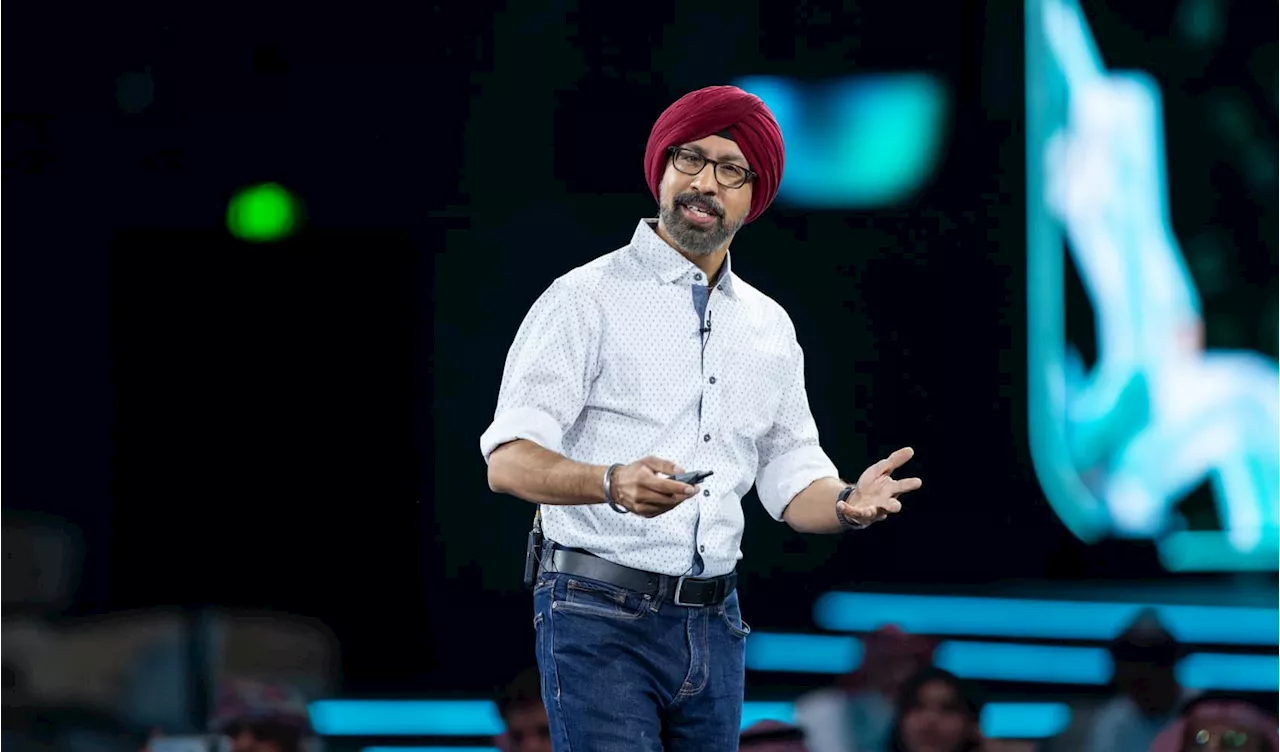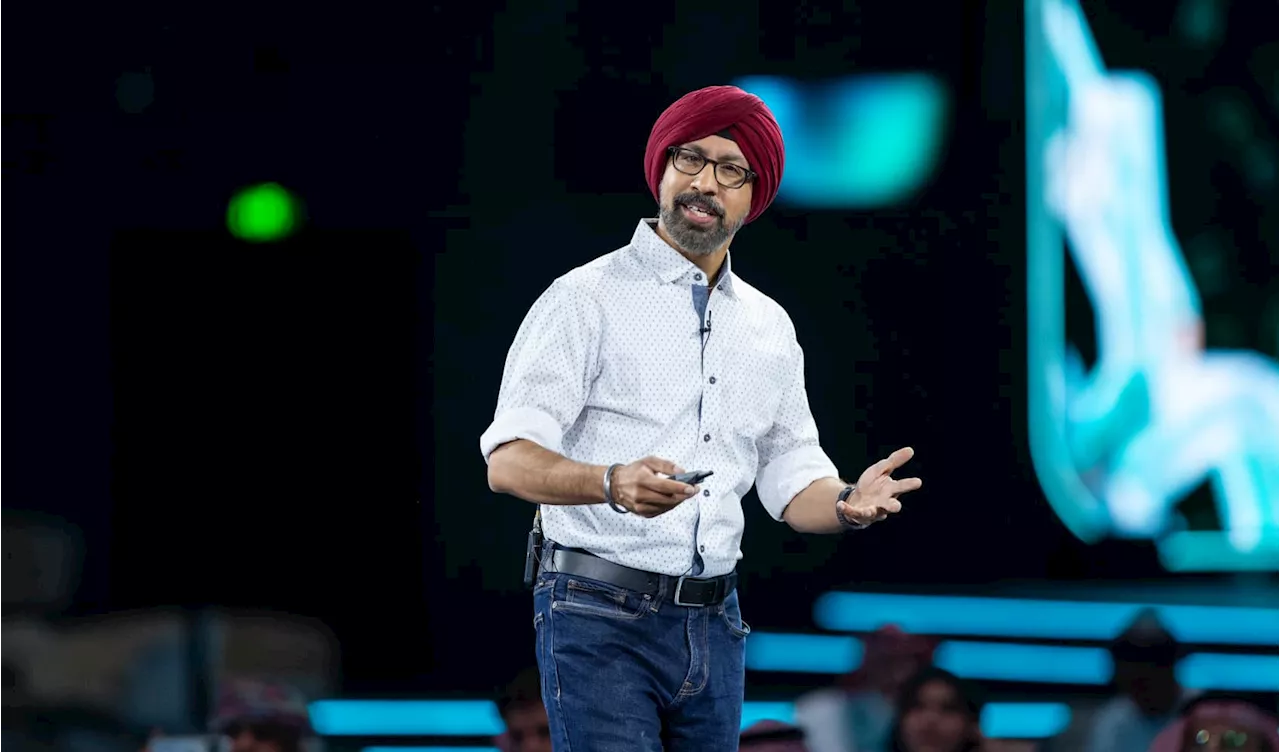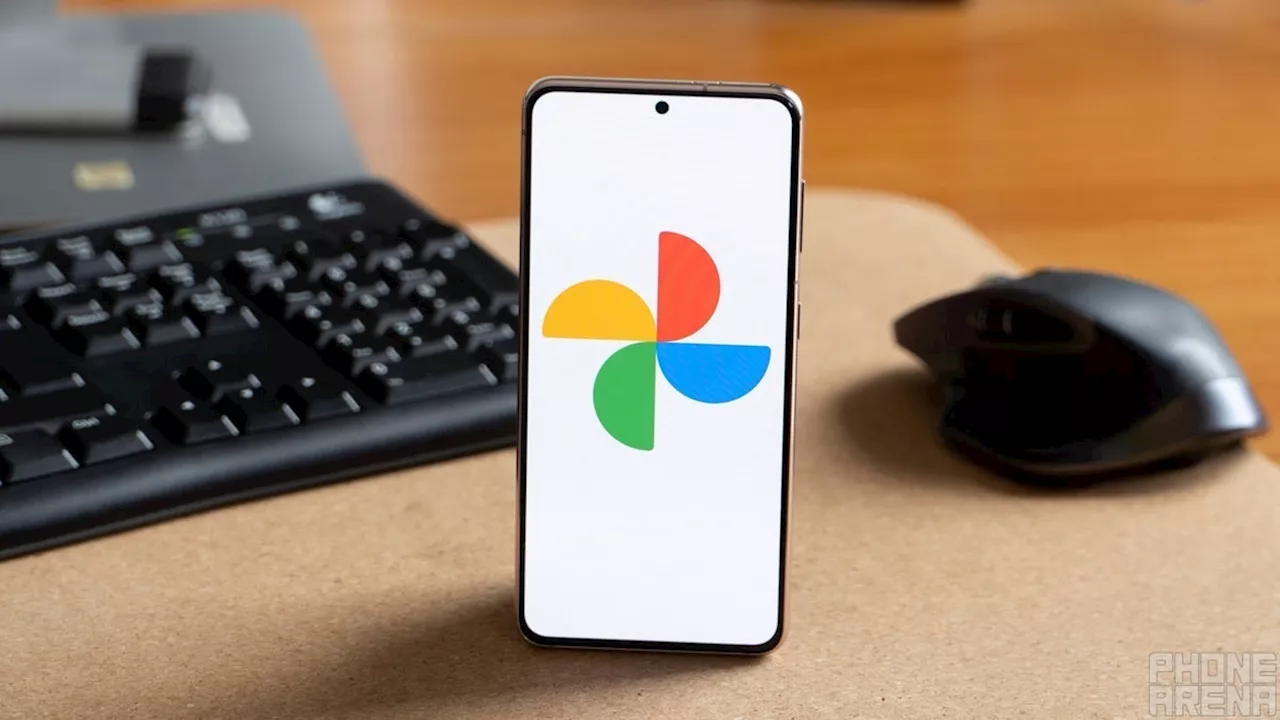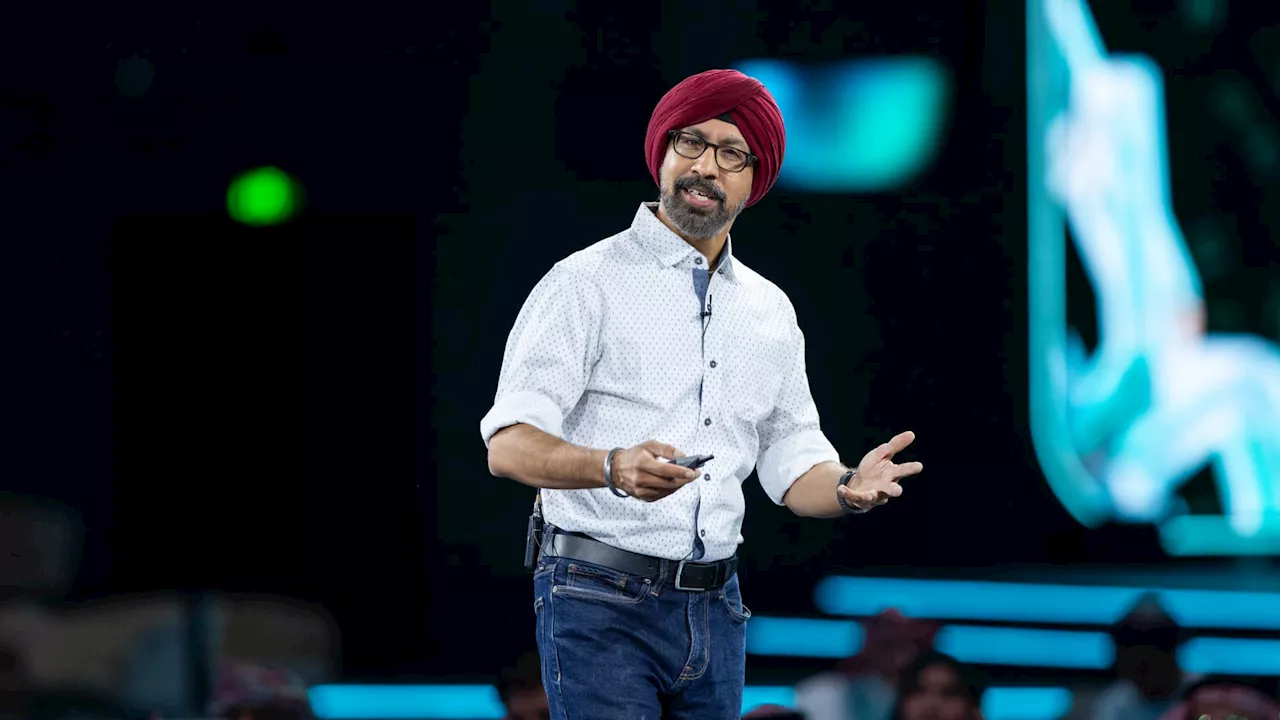Suki, a healthcare AI startup, partners with Google Cloud to offer more assistive technology for clinicians. The new features allow doctors to quickly access patient information, medical history, and answer specific questions about their care.
Health-care AI startup Suki on Wednesday announced a partnership with Google Cloud as part of its initial push to expand beyond clinical documentation. Suki's flagship product, called Suki Assistant, allows doctors to record their visits with patients and automatically turn them into clinical notes, helping physicians avoid the headache of manually writing out all of that information.
The new features with Google Cloud will allow Suki to provide clinicians with more assistive tech as they provide care to patients, the startup said. 'We were never really building a clinical documentation tool only, it was supposed to be an assistant,' Punit Soni, the founder and CEO of Suki, told CNBC. 'An assistant can help you with documentation, but it can also start doing other things.' Doctors will be able to use Suki's platform, for instance, to quickly ask questions and pull up relevant information about a patient's medical history, said Soni, who previously spent several years as an employee at Google. Suki's new summary feature will allow clinicians to read up on a patient's basic biographical information, visit history and reason for coming in with just one click. The summary shows details such as the patient's age, chronic conditions, past prescriptions and other problems, such as 'low back pain.' Pulling together all of that data automatically could help save doctors the 15 to 30 minutes they spend each time they search for it themselves, Soni said. If clinicians have more specific questions about a patient, they can click Suki's Q&A button to type in their queries. They can submit prompts such as, 'Show me his A1C over the last three months as a graph,' 'What vaccines did the patient take?' or 'When was his last electrocardiogram?' Suki's patient summarization feature is available to a select group of clinicians starting Wednesday, with general availability coming early next year, the company said
HEALTHCARE AI GOOGLE CLOUD CLINICAL DOCUMENTATION ASSISTIVE TECHNOLOGY
United States Latest News, United States Headlines
Similar News:You can also read news stories similar to this one that we have collected from other news sources.
 Suki AI Teams Up with Google Cloud to Enhance Patient CareHealthcare AI startup Suki is partnering with Google Cloud to develop advanced patient summary and Q&A features using Vertex AI. This collaboration aims to provide clinicians with more assistive technology beyond clinical documentation, enabling them to quickly access patient information and improve care efficiency.
Suki AI Teams Up with Google Cloud to Enhance Patient CareHealthcare AI startup Suki is partnering with Google Cloud to develop advanced patient summary and Q&A features using Vertex AI. This collaboration aims to provide clinicians with more assistive technology beyond clinical documentation, enabling them to quickly access patient information and improve care efficiency.
Read more »
 Suki AI Teams Up With Google Cloud to Go Beyond Clinical DocumentationHealth-care AI startup Suki partners with Google Cloud to develop patient summary and Q&A features, expanding its offerings beyond clinical documentation.
Suki AI Teams Up With Google Cloud to Go Beyond Clinical DocumentationHealth-care AI startup Suki partners with Google Cloud to develop patient summary and Q&A features, expanding its offerings beyond clinical documentation.
Read more »
 Google announces 'Undo backup' feature for Google Photos to help you manage cloud spaceIzzy, a tech enthusiast and a key part of the PhoneArena team, specializes in delivering the latest mobile tech news and finding the best tech deals. Her interests extend to cybersecurity, phone design innovations, and camera capabilities.
Google announces 'Undo backup' feature for Google Photos to help you manage cloud spaceIzzy, a tech enthusiast and a key part of the PhoneArena team, specializes in delivering the latest mobile tech news and finding the best tech deals. Her interests extend to cybersecurity, phone design innovations, and camera capabilities.
Read more »
 Xbox cloud streaming expands beyond Game Pass to games you ownMicrosoft is opening up Xbox Cloud Gaming to existing Xbox game libraries. You can now stream 50 games, with plans for more to come.
Xbox cloud streaming expands beyond Game Pass to games you ownMicrosoft is opening up Xbox Cloud Gaming to existing Xbox game libraries. You can now stream 50 games, with plans for more to come.
Read more »
 Google Home Expands Access Control with New Member TiersGoogle Home introduces customizable access levels for friends and family, allowing them to assist with managing smart devices. Admins have full control, while Members can manage basic functions or have expanded access to settings and activity history.
Google Home Expands Access Control with New Member TiersGoogle Home introduces customizable access levels for friends and family, allowing them to assist with managing smart devices. Admins have full control, while Members can manage basic functions or have expanded access to settings and activity history.
Read more »
 Google Home Expands Access Controls with Customizable Permissions for Friends and FamilyGoogle Home introduces a new feature allowing users to grant customizable access levels to friends and family for managing smart devices. Two main tiers, Admin and Member, offer varying degrees of control.
Google Home Expands Access Controls with Customizable Permissions for Friends and FamilyGoogle Home introduces a new feature allowing users to grant customizable access levels to friends and family for managing smart devices. Two main tiers, Admin and Member, offer varying degrees of control.
Read more »
